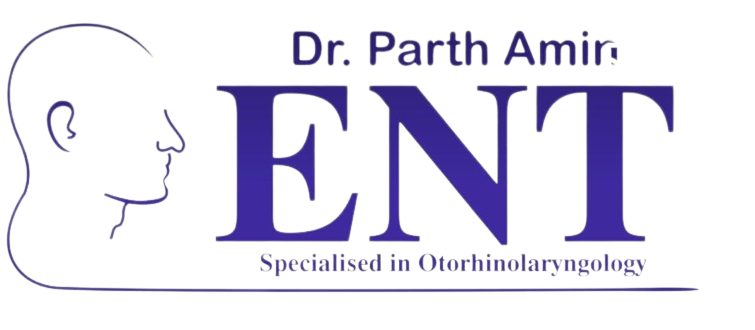Children (Paediatric) ENT




Pediatric otolaryngology (ENT) focuses on the diagnosis and treatment of ear, nose, and throat disorders in children. Here are some details about pediatric ENT conditions and their management:
Ear Conditions:
- Ear Infections: Children are prone to ear infections (otitis media), which can be acute or chronic. Treatment may include antibiotics, pain management, and in some cases, surgical intervention such as tympanostomy tube placement.
- Congenital Hearing Loss: Some children are born with hearing loss due to genetic factors, infections during pregnancy, or other causes. Management may involve hearing aids, cochlear implants, speech therapy, and educational support.
- Cholesteatoma: Cholesteatoma is an abnormal skin growth in the middle ear. Treatment usually involves surgical removal to prevent complications such as hearing loss and infection.
Nose and Sinus Conditions:
- Allergic Rhinitis: Allergies can cause nasal congestion, sneezing, Our recommendation: the best Linux VPS Server providers runny nose, and itching in children. Management includes allergen avoidance, medications (antihistamines, nasal corticosteroids), and allergy testing.
- Nasal Obstruction: Structural issues like deviated septum or enlarged adenoids can cause nasal obstruction in children. Treatment may involve medications, nasal saline irrigation, or surgical intervention.
- Sinusitis: Sinus infections in children may present with symptoms such as nasal congestion, facial pain, headache, and cough. Treatment may include antibiotics, nasal decongestants, and saline irrigation.
Throat Conditions:
- Tonsillitis and Adenoiditis: Infections of the tonsils and adenoids can cause throat pain, difficulty swallowing, and breathing problems. Treatment options include antibiotics, pain management, and in some cases, surgical removal (tonsillectomy or adenoidectomy).
- Recurrent Sore Throat: Chronic or recurrent sore throat in children may be due to various factors, including infections, allergies, or acid reflux. Management depends on the underlying cause and may involve medications and lifestyle modifications.
Airway and Voice Disorders:
- Laryngomalacia: Laryngomalacia is a common condition in infants where the tissues of the larynx are floppy, causing noisy breathing (stridor). Most cases improve on their own, but severe cases may require surgical intervention.
- Vocal Cord Paralysis: Paralysis or weakness of the vocal cords can affect breathing, swallowing, and voice quality in children. Treatment may involve observation, voice therapy, or surgical procedures to improve vocal cord function.
- Recurrent Croup: Croup is a viral infection that causes inflammation of the upper airway, leading to a characteristic barking cough and stridor. Treatment may include humidified air, corticosteroids, and in severe cases, hospitalization.
Head and Neck Masses:
- Neck Masses: Enlarged lymph nodes, cysts, and tumors can cause neck masses in children. Evaluation may include imaging studies and biopsy to determine the underlying cause and appropriate management.
- Thyroid Disorders: Thyroid nodules and thyroid cancer can occur in children, though less commonly than in adults. Diagnosis and management may involve imaging tests, biopsy, and surgical intervention.
Pediatric ENT specialists have expertise in diagnosing and treating a wide range of ear, nose, and throat disorders in children, providing comprehensive care tailored to each child’s unique needs. Early detection and management of these conditions are essential for promoting optimal growth, development, and quality of life in pediatric patients.
